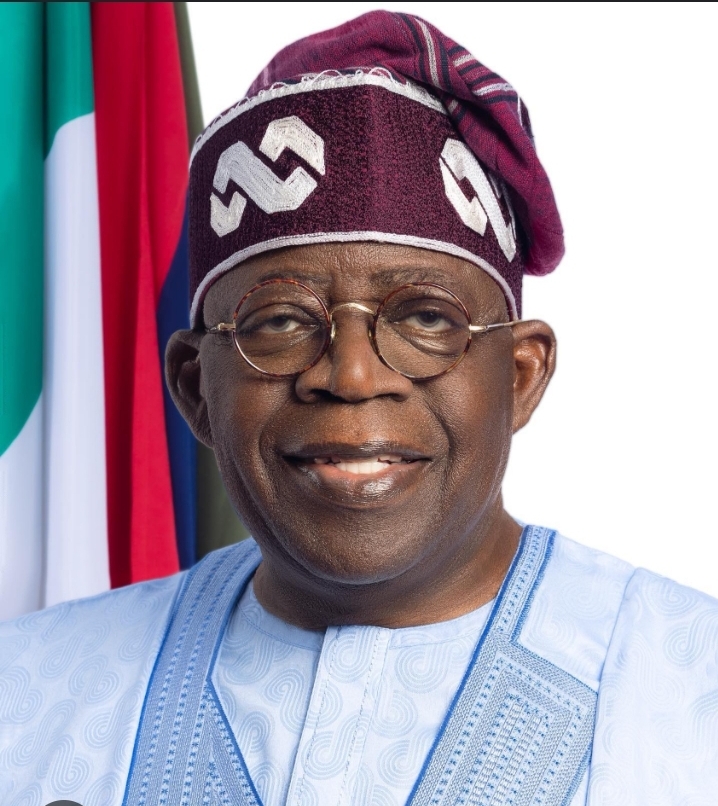The past year has been very traumatising for many Nigerian households. The removal of petrol subsidies which raised pump prices from N198 per litre to over N600 per litre has been putting pressure on Nigerian homes.
Many families now struggle to pay mounting bills and at the same time put decent meals on the table due to the escalating inflation and food prices. Rising inflation has reduced households’ purchasing power, especially with prices hitting the rooftop while salaries remained the same.
This explains the call on the Federal Government by the Labour unions for an upward review of the minimum wage.
Minimum wage is the amount of remuneration that an employer is required to pay wage earners for the work performed during a given period, which cannot be reduced by a collective agreement or an individual contract.
On April 18, 2019, President Muhammadu Buhari signed a law that raised workers’ minimum wage from N18,000 to N30,000 about $20 at an exchange rate of N1,497.33 per dollar.
This move by the then government was received with so much admiration but today, the narrative has changed as the Nigeria Labour Congress (NLC) and Trade Union Congress (TUC) have jointly protested that the present minimum wage can no longer sustain an average Nigerian going by the current economic situation.
They called on President Bola Ahmed Tinubu to begin the review of the wages to reflect the current economic realities in the country.
The Unions recently proposed a raise to N615,000 but the Federal Government said it could raise the wage from N30,000 to N48,000 about $32.06.
This represents an N18,000 up from the N30,000 minimum wage that has long become out of tune with the economic realities in society.
However, Joe Ajaero, president of NLC, and Etim Okon, deputy president of the TUC, said Nigerian workers would not accept N48,000 as the new minimum wage being proposed by the Federal Government.
They said it does not reflect the economic reality and hardship the workers are currently facing in the country.
